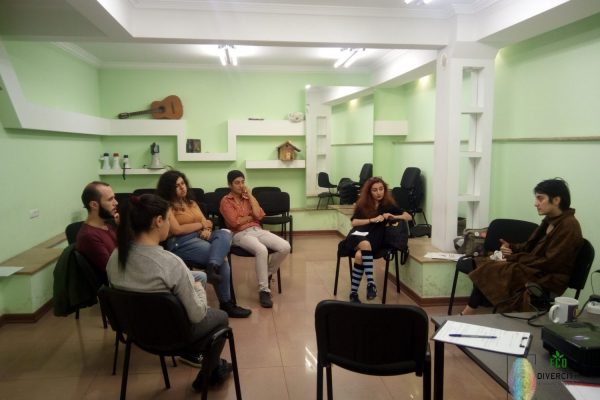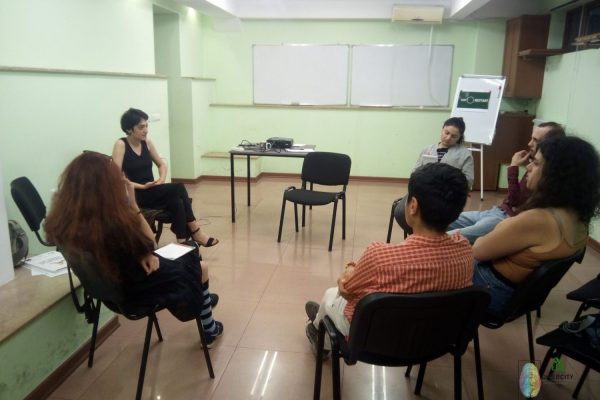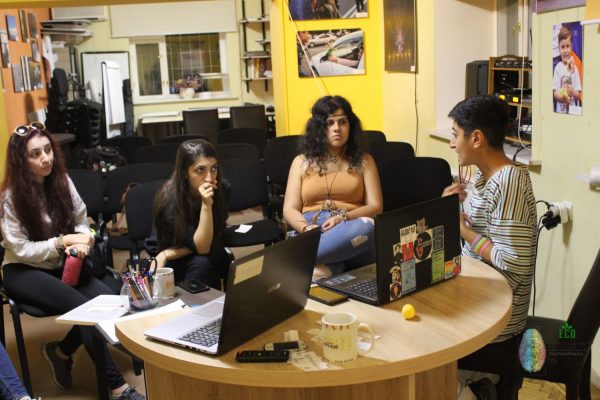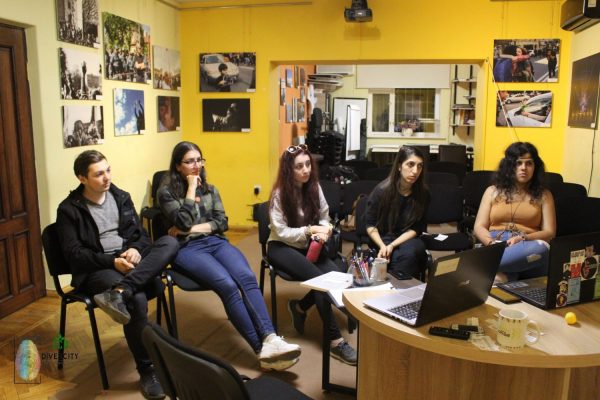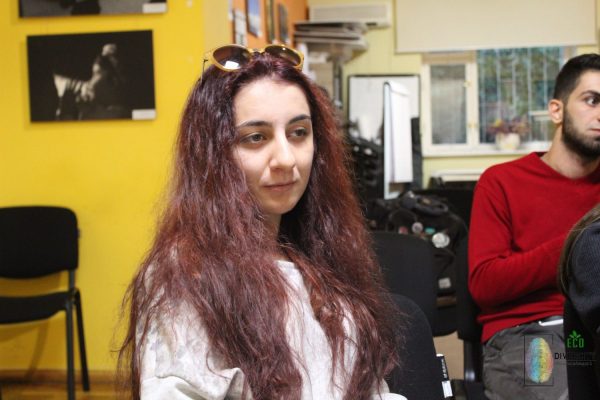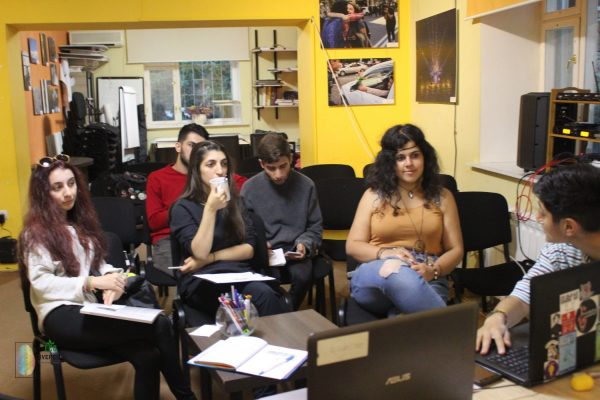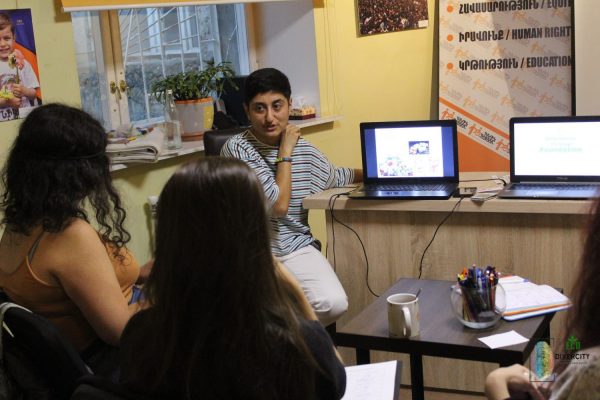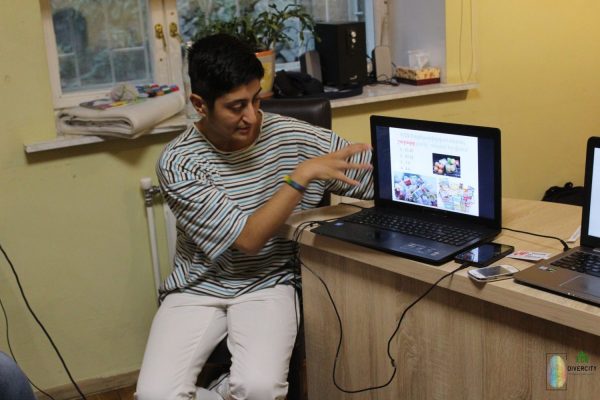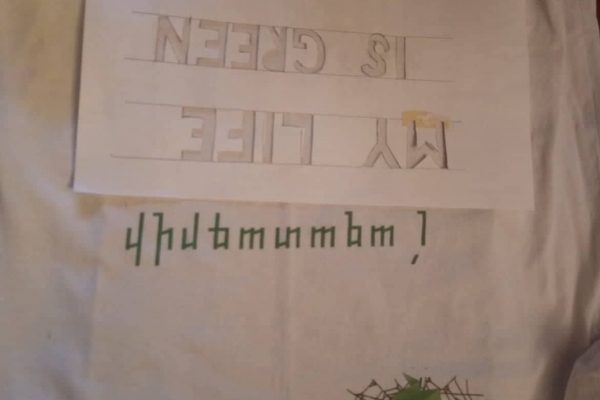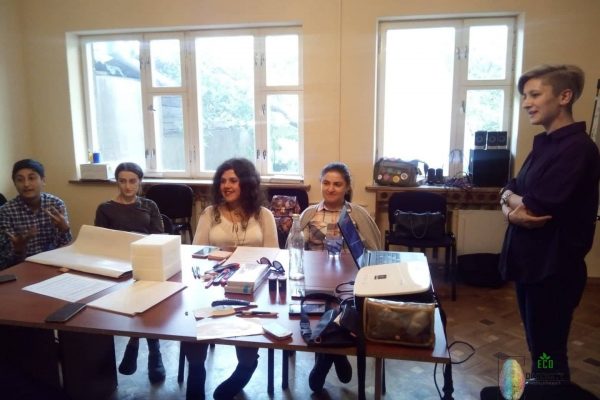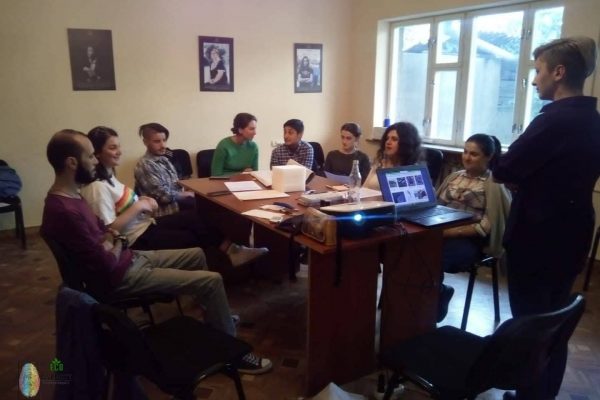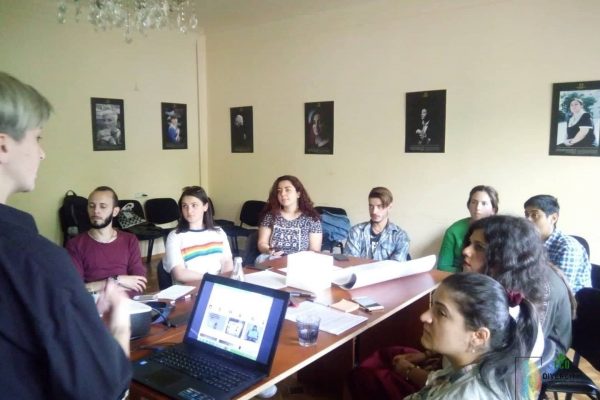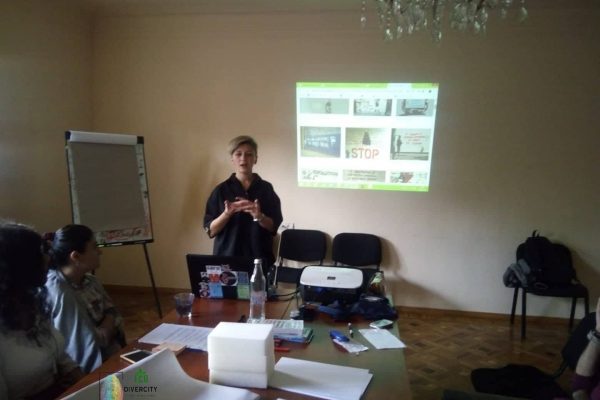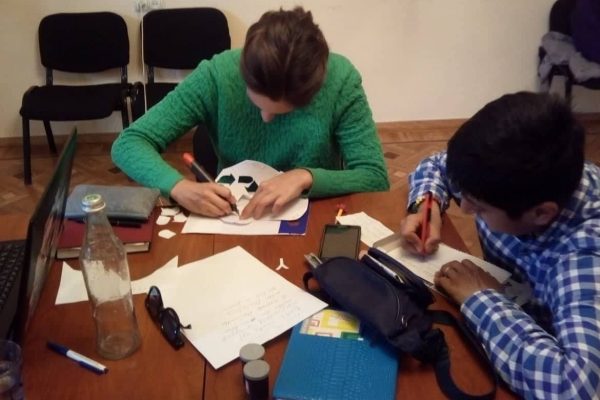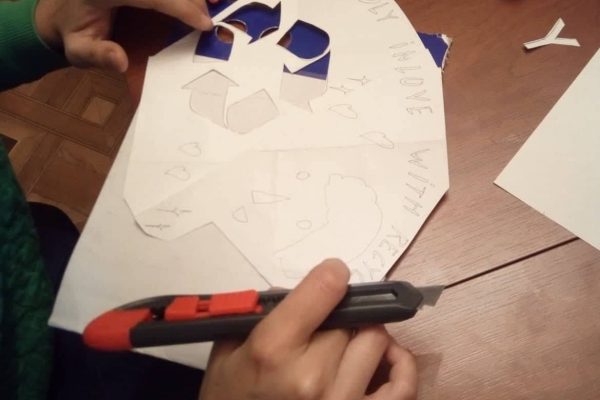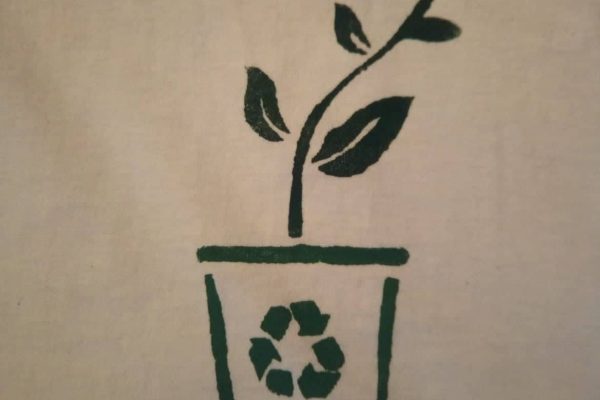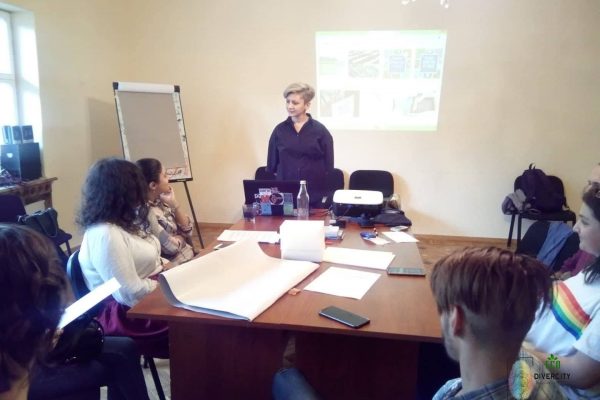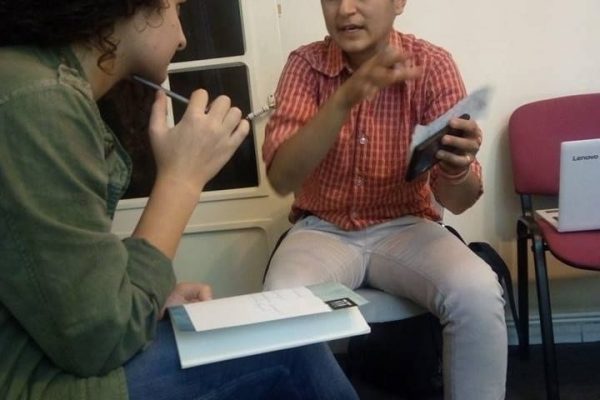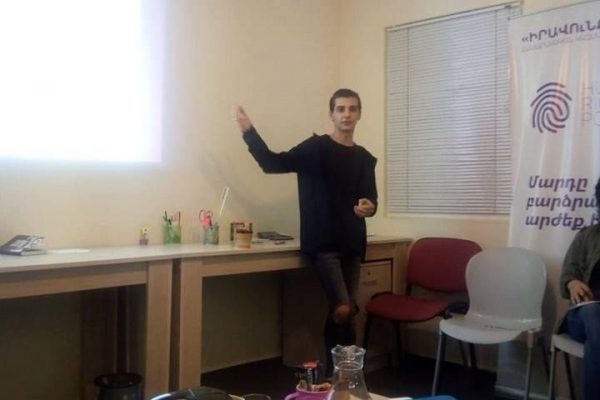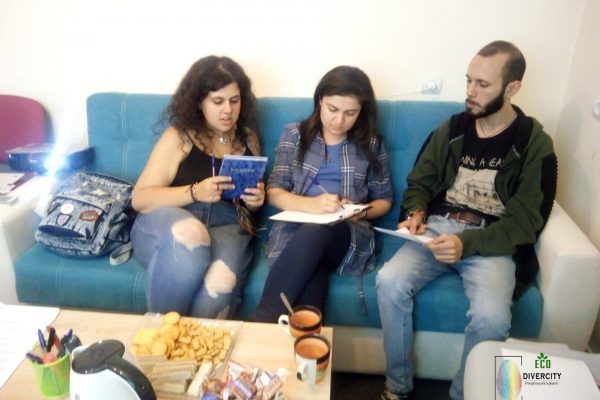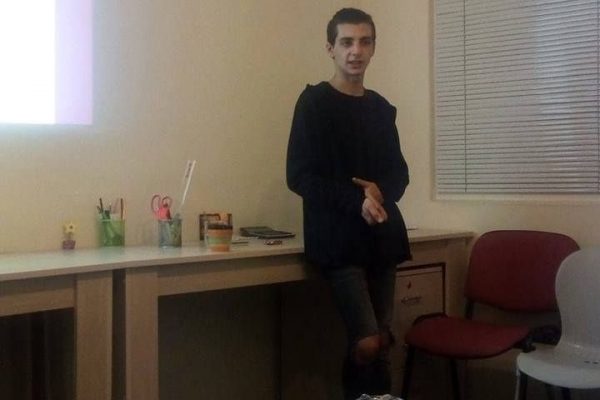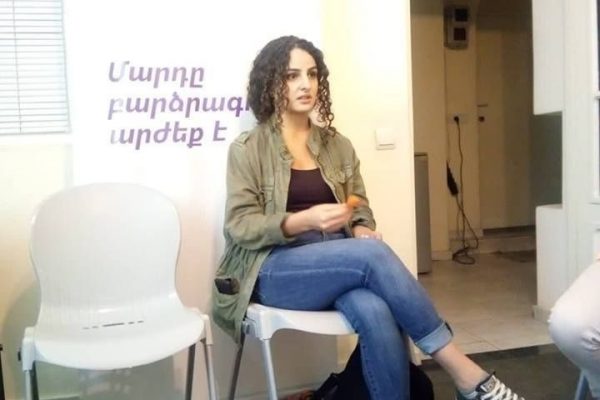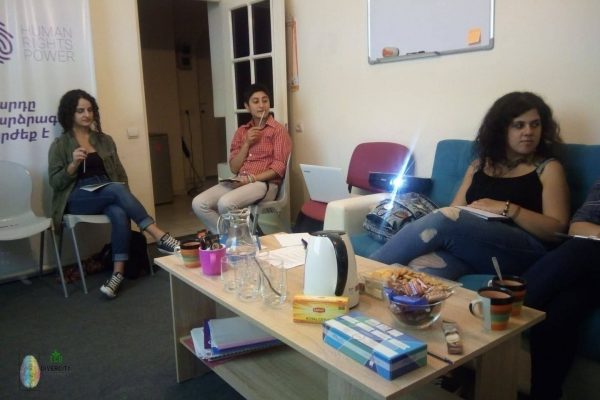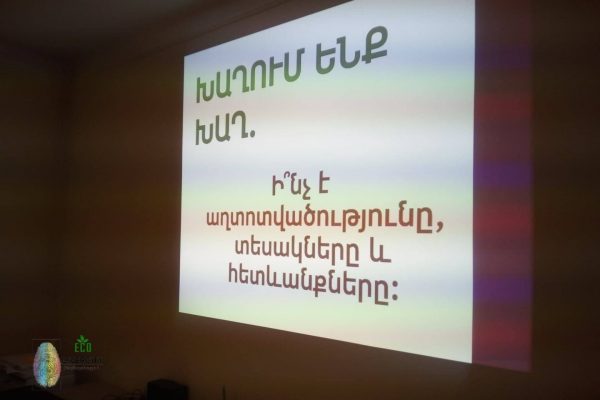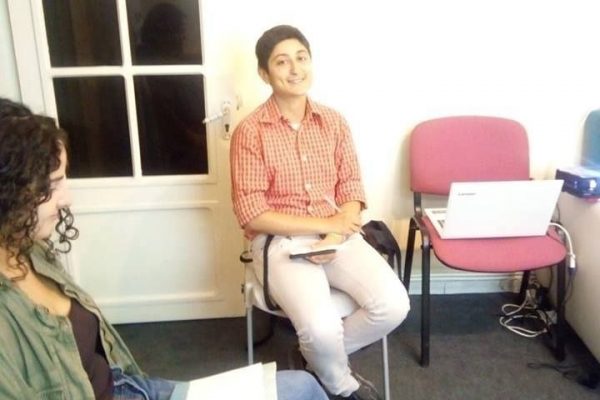The “Eco DiverCity” educational youth initiative conducted a series of non-formal educational meetings titled “Eco Training Course” on October 8-16, 2018. The goal of the course was to raise awareness about environmental protection and improve environmental awareness of citizens. The course was designed for everyone.
The course was based on environmentalism, linking it to pollution, recycling, vegetarianism, dietary, animal rights, lifestyle, eco-friendly alternatives, nonviolent resistance, and activism.
The course also had the goal to find and demonstrate environmentalists, which was accomplished through running it in several locations. Collaborating with the ‘Restart’ Armenia educational initiative, the “Human Rights Power”, the NGOs “Human Rights House” and “For Equal Rights” (Article 3 Club), The “Eco Diversity” initiative drew attention to its partners and emphasized their support in solving environmental issues.
The topics of the course were:
- “What is pollution and its consequences”, was held at Article 3 Club and presented by Artak Adam, a member of the “Eco DiverCity” initiative.
- “Ecotography. I Am the Nature” meeting was held at the “Human Rights House” NGO and presented by a queer feminist, activist Arpie Balyan.
- The course on “The Role of the government in Ecology” runed at the office of the “Restart” student initiative and was presented by Zara Harutyunyan.
- The course on “Eco Activism and Eco Initiativeness” was held at “Article 3” club and presented by Artak Adam.
- Sustainable living was the subject of the last meeting, entitled “Sustainable living. How to Make It a Reality”. The meeting was held at “Article 3” club by an eco-feminist, activist, and independent volunteer, Mayranush Davtyan.
Each meeting was flexible, the participants could freely ask their questions to the speakers. The meetings lasted from one to two hours. Altogether, almost 30 participants attended the course. Various participants attended different meetings. At the end of the course, participants were presented with an evaluation sheet, based on which the ‘Eco Diversity’ Initiative team could consider the course to be accomplished, taking into account the effectiveness of the course.
At the end of the course, participants were presented with an evaluation sheet, based on which the ‘Eco DiverCity’ initiative team could consider the course to be accomplished, taking into account the effectiveness of the course.
According to the participants, the most valuable meetings were “What is pollution and its consequences” and “The Role of the Government in Ecology”. Other meetings were equally efficient. All participants evaluated the course materials to be informative, available and accessible. The participants highlighted the exchange of opinions, discussions, activity, and teamwork, which happened throughout the course. Several participants confidently pointed out that during the five-day course, they received answers to a number of questions as well as experimental knowledge. They added that the immediacy at the meetings was inspiring.
![]()





